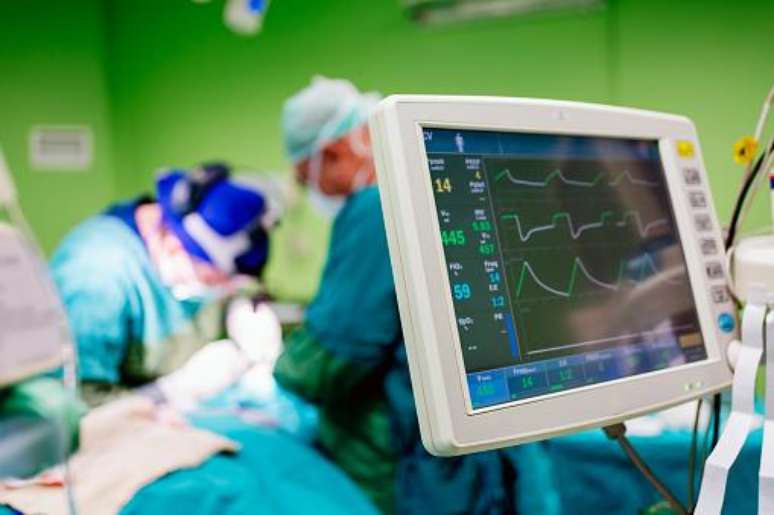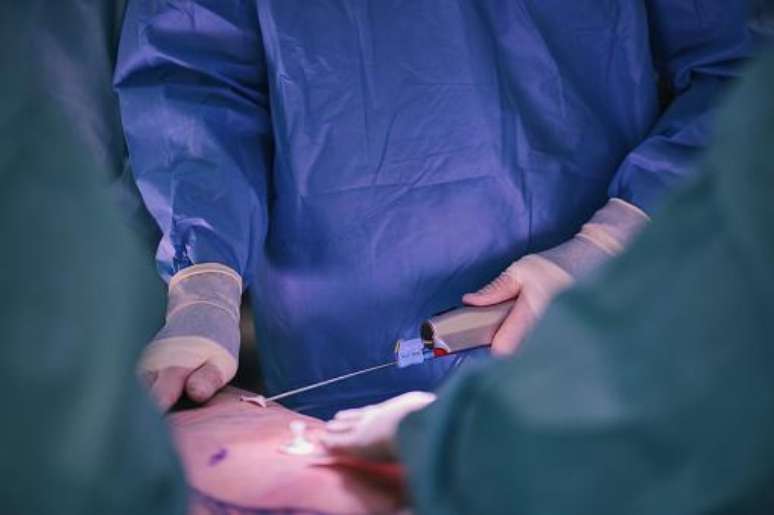The pursuit of a slim body is a constant concern for many people around the world. More recent data from the International Society of Aesthetic Plastic Surgery (ISAPS) indicates that Brazil occupies second place in the ranking of countries that perform the highest number of aesthetic procedures, second only to the United States. According to the same study, Liposuction has been the most performed procedure in recent years.
What makes liposuction so popular is the possibility of reshaping the body’s silhouette, eliminating localized fat and making the body more “perfect”. However, the growing popularity of this procedure has led to its trivialization and its execution by often inadequately trained professionals, considerably increasing the risks for patients and, in extreme cases, endangering lives.
Therefore, it is essential to understand under what circumstances liposuction can be performed safely and the potential dangers of the procedure.
What is liposuction and how does it work?
Liposuction is a surgical procedure that aims to remove unwanted fat deposits from specific areas of the body. It is a technique widely used in plastic surgery to improve the shape of the body and create more harmonious contours.
Initially the patient is anesthetized, with general or local anesthesia, depending on the extent of the operation. The surgeon then makes small incisions in the area to be treated. A liquid solution is injected to break down the fat cells, making them easier to remove. The fat is then sucked out through a cannula inserted through the incisions.
Brazil occupies second place in the ranking of countries that perform the highest number of aesthetic procedures in the world. (Source: Getty Images/Reproduction)
Finally, the incisions are closed with sutures or surgical adhesives, completing the procedure. After surgery, the patient must be carefully monitored and then sent to the recovery process.
Liposuction Risks and Complications: What You Should Know
According to Dr. Guilherme Bersou, plastic surgeon of the Brazilian Society of Plastic Surgery (SBCP), no surgical procedure is risk-free. It is necessary to select who can undergo liposuction, since operating on patients who do not fit the surgical profile increases the possibility of complications.
The specialist also underlines the importance of preparing patients very well, so that they arrive with the clinical part well conditioned, reducing the dangers associated with the procedure. Among the unfavorable scenarios caused by liposuction we can mention:
- anesthetic complications: the use of general or local anesthesia presents potential threats, such as allergic reactions, respiratory problems and even serious complications;
- infections: As with any surgery, there is a risk of infection in the treated area, which may require additional treatment;
- bruises and hemorrhages: the risk of bruising and bleeding is real and these problems can lead to the need for emergency surgery;
- asymmetry and irregularities of the skin: in some cases liposuction can result in an asymmetric or irregular appearance of the treated area;
- pulmonary and cardiovascular complications: Some patients may develop serious complications related to the heart and lungs – such as arrhythmias, pneumothorax and pulmonary edema – during or after surgery;
- thrombosis and embolism: Prolonged immobilization can favor the formation of blood clots which, if left untreated, can lead to serious complications, such as thrombosis, up to pulmonary embolism.

It is important to note that the risks of liposuction can vary depending on the experience of the surgeon, the technique used, the patient’s general health and the extent of the procedure. Therefore, it is crucial to choose a qualified plastic surgeon and discuss all concerns and expectations before proceeding with the procedure.
When is liposuction the right choice?
The decision to undergo plastic surgery should be carefully considered and based on your individual circumstances. Regarding the ideal profile of a patient who can undergo liposuction, Dr. Guilherme emphasizes: “it must be done on patients who already have a behavioral change. The best results are obtained in patients who eat well, do physical activity regularly, but who have localized fat that does not come off at all.”
Therefore, here are some situations in which liposuction may be considered appropriate and safe:
- healthy patients: Individuals who enjoy good overall health are less likely to have complications during and after the procedure;
- weight stability: Liposuction is not a substitute for adequate weight loss; ideally, candidates should approach their ideal weight and maintain a stable weight before considering surgery;
- localized areas: Liposuction is best suited to remove localized fat deposits that do not respond to diet and exercise.

Liposuction is an effective option for contouring specific areas of the body, but it is not free from complications. It is critical to understand the dangers associated with the procedure and consider the circumstances in which the surgery can be performed safely.
Choosing a qualified surgeon and openly communicating expectations and concerns are essential to minimizing risks and achieving desired results. Ultimately, the safety of liposuction depends on an individualized evaluation and a responsible approach to cosmetic surgery.
Source: Terra
Ben Stock is a lifestyle journalist and author at Gossipify. He writes about topics such as health, wellness, travel, food and home decor. He provides practical advice and inspiration to improve well-being, keeps readers up to date with latest lifestyle news and trends, known for his engaging writing style, in-depth analysis and unique perspectives.






